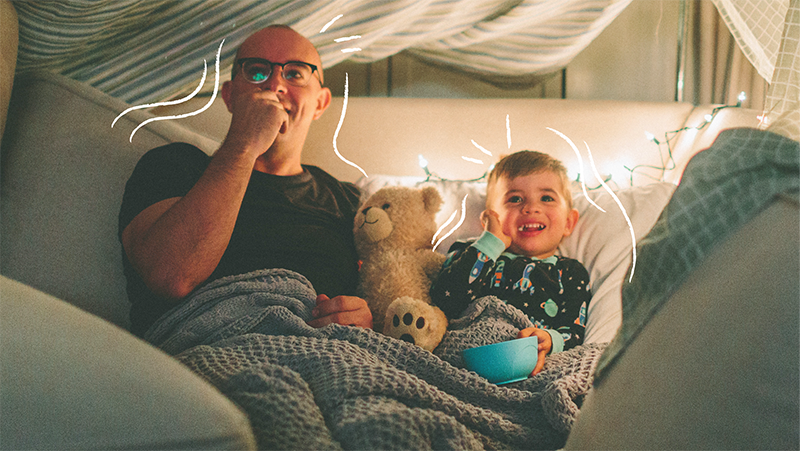Routines are the steps and tasks we follow on a regular basis to complete something – get ready for bed, exercise, go about our day. Sometimes we throw the word “routine” around to describe things that are boring, repetitive, less than thrilling. But what would we do without our routines? What would life be without our morning coffee or tea? How would we keep track of our keys? Routines complete us, and have some protective factors that impact our mental health in some pretty significant ways.
Routines provide security. Children are not always in control of their world and environment. Things happen around them, and they’re constantly learning how to adjust. Adaptability and flexibility are great skills in preparing for adulthood, but some kids struggle with adaptability and flexibility for neurodevelopmental reasons. Changes in plans are hard to process. Uncertainty can feel threatening. The unexpected can be dysregulating. For these kids, routines carry a pretty significant importance in helping them to feel safe.
Routines build a more focused future. A study conducted by the University of Albany found that children who grow up with predictable, daily routines are less likely to have time management and attention problems as adults (Malatras, 2016). This study was conducted with graduate students, and they were asked to reflect back on their childhood. The thought here is that, if skills like organization, time management, and prioritization are learned and practiced from the start, they become a natural part of how a person functions.
Routines are grounding. Unexpected, stressful, and difficult events will happen in each person’s life. Whatever these events are, they have the power and potential to disrupt feelings of safety, alter social beliefs and expectations, and complicate emotions. Family routines, however, have been shown to have protective factors in terms of stability and wellness (Koome, 2012). Despite adverse and difficult events, families with established routines are able to hold on to pieces of their identity, and maintain a sense of normalcy, with continuous practice of their routines.
Routines can alleviate stress. Our minds like to process and make sense of things. Tasks we’ve left unfinished, an argument where we wish we said something different, or our worries about an upcoming event all fall into this category. If left to its own devices, the mind will find its way back to these topics sporadically throughout the day. This leaves us distracted and emotional, and our problems still unsolved. Dedicating time each day to think through these things, and training our brains to expect that dedicated time, can help solve this issue.
Routines save energy. Negotiating plans takes time and energy. Remembering steps in a task takes time and energy. Suddenly remembering something we forgot to do is distracting, and it takes time and energy to refocus and get back on track. When we build and follow routines for the things we do often, it means less cognitive effort to complete those tasks. We go on autopilot, which means less stress and more energy for our brains to focus on other things!
References
Femke Koome MHSc, Clare Hocking PhD & Daniel Sutton PhD (2012) Why Routines Matter: The Nature and Meaning of Family Routines in the Context of Adolescent Mental Illness, Journal of Occupational Science, 19:4, 312-325, DOI: 10.1080/14427591.2012.718245
Jennifer Weil Malatras, Allen C. Israel, Karen L. Sokolowski, Julie Ryan, First things first: Family activities and routines, time management and attention, Journal of Applied Developmental Psychology, Volume 47, 2016, Pages 23-29, ISSN 0193-3973 (https://www.sciencedirect.com/science/article/pii/S0193397316301241)

















